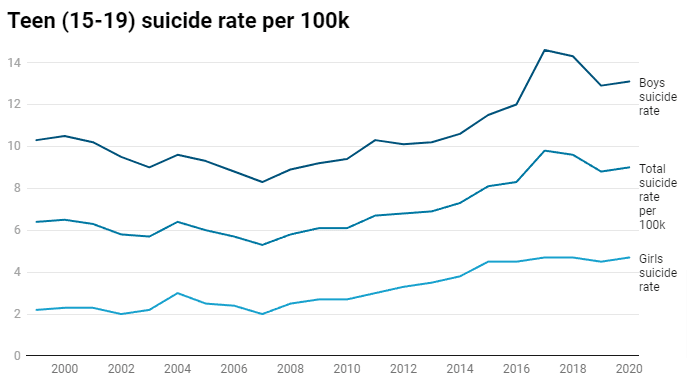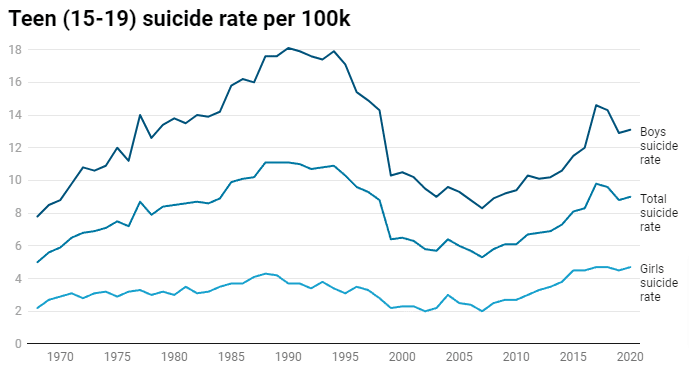Over the past few years we’ve seen a slow decline in the value of having “followers” on social media, as the algorithms continue to shift to show content to all users as they see fit.
YouTube, while it’s changing quickly, is an example of the old model. More often than not, videos are shown to users that have specifically subscribed to a channel and not to as many other users on the platform. For example, look at the videos from WIRED; they have over 11M subscribers, but very few videos get even 1M views. That’s the case almost every time on YouTube and other traditional social media — a subset of your subscribers will see your content, that’s it.
On the other hand, look at TikTok. In pulling it up right now, here are stats on the first three videos that were shown to me:
- 9.6M video likes from a person that has 33.5K followers
- 575K video likes from a person that has 119K followers
- 1.9M video likes from a person that has 192K followers
That’s certainly not always the case. There are creators on TikTok that have millions of followers with videos that only get a small percentage of that many views, but that’s kind of the point — followers and views are quite disconnected.
Instagram and Twitch are moving to the TikTok model
As shared in a great article on NBC News, Instagram and Twitch are moving to the “followers don’t matter” model that TikTok has. Of note, they say:
“In the coming months, the platform will start recommending every reel that follows its rules to a small pool of users whom Instagram deems likely to be interested. The more those initial users engage with that reel, the more likely it is to be shown to a slightly bigger batch, and the process repeats.”
As Rand Fishkin summarized on Threads:
TikTok was the beginning of the end of “followers” having serious value. Soon each piece of content will stand on its own.
Is this a bad thing?
While this is potentially troublesome for those that have huge followings, this is seemingly a good move in terms of quality content for viewers. Rather than be limited to those that you follow, they can show you all of the very best content from around the site that they think you would like the most. At a high level, this is precisely why TikTok has become so popular.
Regardless of our opinion on it, being able to say “I have xx followers on that platform” will certainly become less valuable, with great content (with “great” simply meaning “engaging”) always rising to the top.
I encourage you to read the full article on NBC to learn more. Do you like the direction that this is going?

